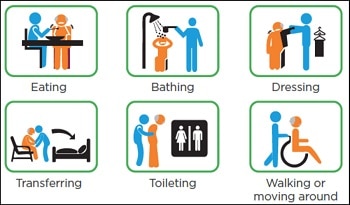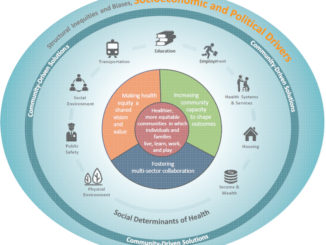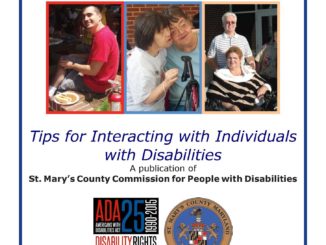
In today's society, there are many options when it comes to the care of our parents or grandparents. The need for placement in a nursing home can be minimal when families become aware of the changes that start to happen in a senior persons life. Adressing small problems early on can prevent them from turning into bigger problems or falls that are always preventable.
ADL'S are activities of everyday living. They are skills that we use and rely upon everyday. Sometimes these activities can become a struggle for the elderly. Families should be aware of signs that their loved one may need assistance. Studies have shown that assistance with ADL's provide a better quality of life helping your loved one maintain an independent quality of life in their own home. There is also a higher rate of recuperation after a hospital stay or illness when assistance is provided.
The need for placement in a nursing facility is eliminated alleviating the stress and anxiety for the family and their loved one.
ADL'S (Activities of Daily Living) are Ambulating (walking), Transferring (Getting up from a chair), Dressing, Eating, Drinking, Personal Hygiene, Taking medication.
IADL'S (Instrumental Activities of Daily Living) are Driving, Preparing Meals, Doing Housework, Shopping, Managing Finances, Managing Medication, Using the Telephone.
Knowing the signs that assistance may be needed-withdrawn from family and friends, weight loss, poor appetite, poor hygiene, withdrawn from activities, depression, loss of physical and mental abilities.
Realizing that our loved one's may not want to ask for help, it is important to pick up on any changes that might be happening in their life. Providing assistance early on, can ensure that things will be much easier later down the line and a family may avoid the need for their loved one to be placed in a facility. In-home care can alleviate the burden while also helping their loved one be safe and have more independence everyday while providing the assistance they may need but not want to ask for on their own. This can help a family focus on their daily life as well, and help them spend quality time with their loved one while easing the stress that can be placed on a family at difficult times. Shouldn't your loved one be able to remain in the comfort of their own home? With so many choices that are available today, consider all of your options for your loved one's care, and provide them with the best.
Proudly WWW.PONIREVO.COM
Source by Martha Paulson



